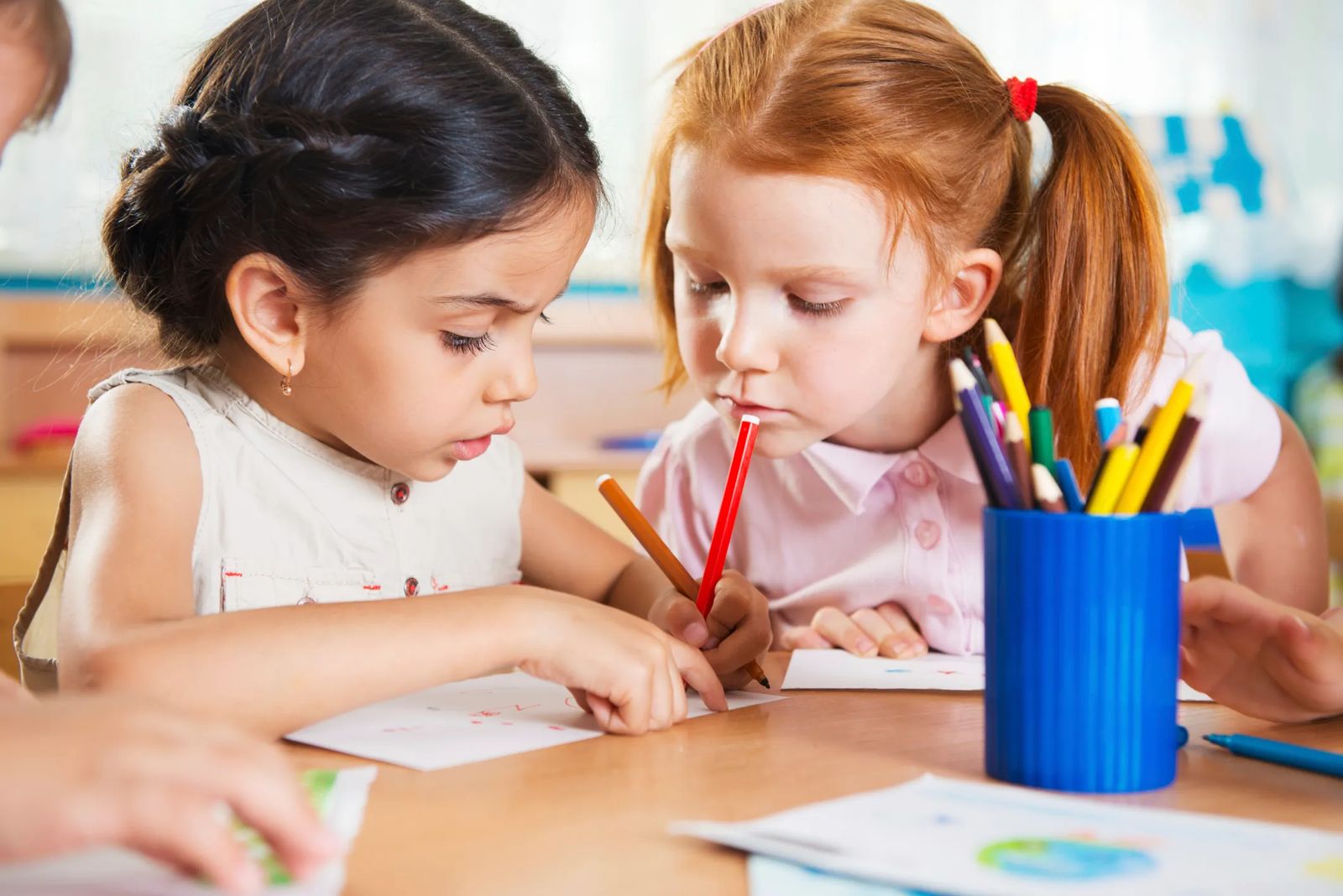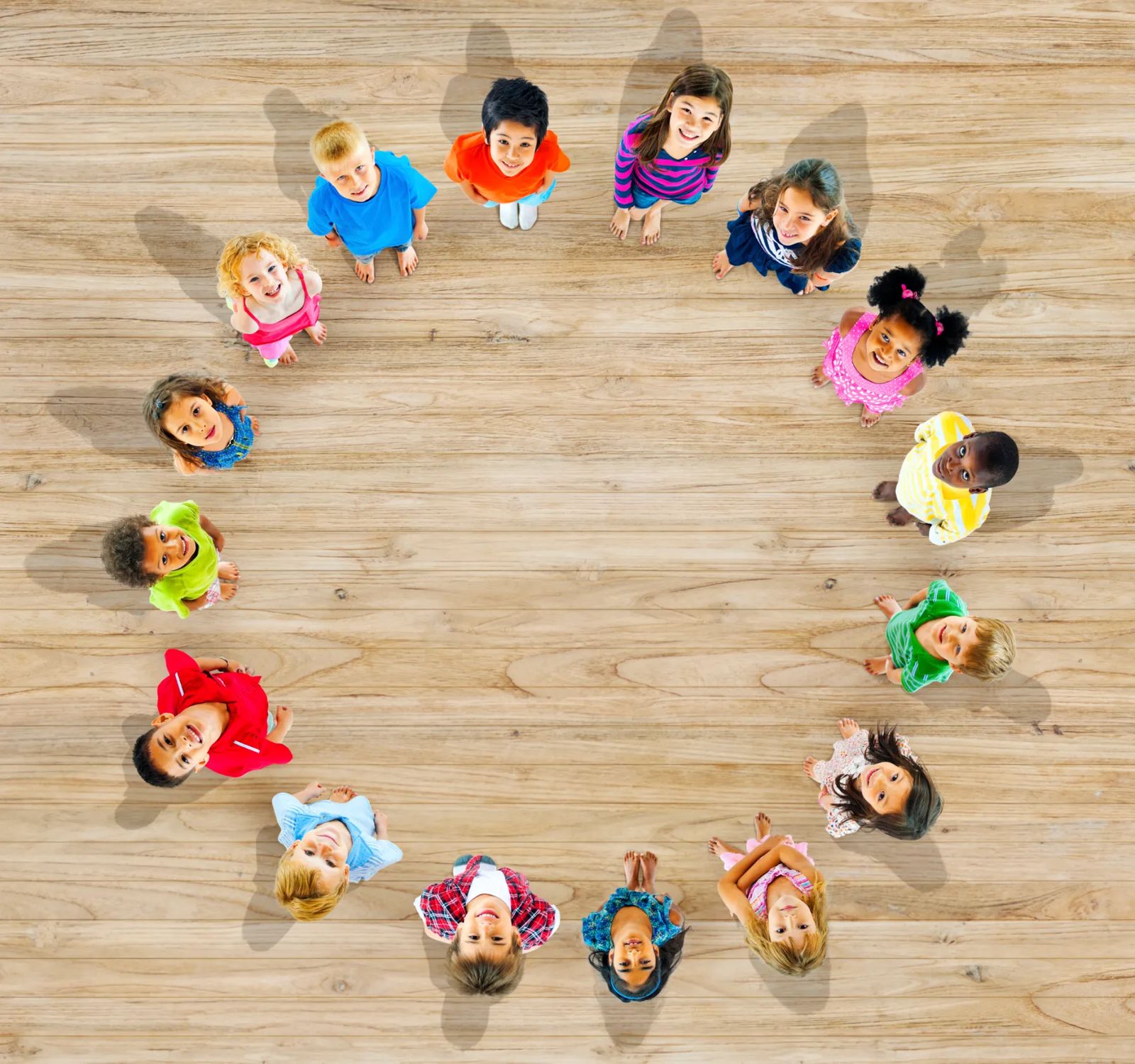FAQ: Can Children Learn Social Skills in the Montessori Classroom?
Recently, while reading a forum discussion about the Montessori Method, I came across the following comment:
not focused on social interactions among children: Montessori fosters independence in children through age-appropriate "jobs" that are designed with conceptual learning blocks in mind. I've observed children be really self-sufficient, confident and proud when in the Montessori classroom. However, the stricter ones tend to be more quiet compared to other preschools as most children work alone or in groups of 2-3. And in the group situation, often a teacher is present, so the focus is more on the project and less on the interactions, problem solving, social skills between kids. A large part of what kids need, at least at the preschool stage, is learning to start navigating life with peers in preparation for elementary school, siblings, etc. (Huang, S. 2012, April 25. What is the case against the Montessori educational approach? Quora. Retrieved Nov. 12, 2014. http://qr.ae/myFGU.)
"Would you care for another cuppa? One lump or two?"
This isn't the first time I've heard this line of thinking. (Perhaps that is why this particular comment caught my attention.) I believe this is an unfortunate, although common misperception. Certainly, I can understand how people arrive at this conclusion. The Montessori Method does foster independence through individual work. Children under six years old often choose to spend much of their time working by themselves. However, the Montessori Method also places great importance on the strong development of social skills.
"...we must begin our work by preparing the child for the forms of social life, and we must attract his attention to these forms." - Dr. Maria Montessori, The Montessori Method
Maria Montessori observed that all children learn according to natural, built-in stages of development. Children under six years old are developing an identity, or sense of self. They will often prefer to work individually. They may work next to other children, they may even observe and learn from other children, but they are best able to focus and learn on their own. As the child gets older, they develop more of an interest in learning collaboratively. The Montessori Method respects these natural inclinations of the developing child. Children have the freedom to choose to work by themselves when they need to. Likewise, children can choose to work in groups and to help one another.

"Our schools show that children of different ages help one another. The younger one sees what the older ones are doing and asks for explanations. There is a communication and harmony between the two that one seldom finds between the adult and the small child." - Dr. Maria Montessori, The Absorbent Mind
"There is a communication and harmony between the two that one seldom finds between the adult and the small child."
Montessori schools also teach children how to be courteous, polite, and respectful according to the customs of their local culture. This part of the Montessori program is called “grace and courtesy.” Every school day, Montessori students practice things like proper greetings, using “please” and “thank you” and making eye contact while speaking. Daily group time allows children to learn listening skills, turn taking, and following directions. Children in the Montessori setting are encouraged to express their feelings politely and to show respect toward adults and peers. In fact, respect is a big part of the classroom environment. Children are spoken to respectfully and taught to value one another, teachers, parents, and their environment. By treating them with the esteem they deserve, children learn to behave considerately toward others.

“It is interesting to see how little by little, these become aware of forming a community which behaves as such…Once they have reached this level, the children no longer act thoughtlessly, but put the group first and try to succeed for its benefit.” - Dr. Maria Montessori, The Absorbent Mind.
At a first glance, the calm Montessori classroom may not look like the most social of environments. But Montessori students can and do learn to behave politely, to interact respectfully, to problem solve, and work together within their community. In fact, much of the “quiet” behavior thought to be a result of “strictness,” is actually the result of contentedness. Children who are getting their developmental needs met are joyful learners and respectfully members of their communities.

“All this might give the impression that these children are excessively repressed for the fact that they are utterly lacking in timidity. Their bright eyes, gay and disarming countenances, and their readiness in inviting others to observe their work . . . make us realize we are in the presence of individuals who are masters of their own homes.” - Dr. Maria Montessori






















